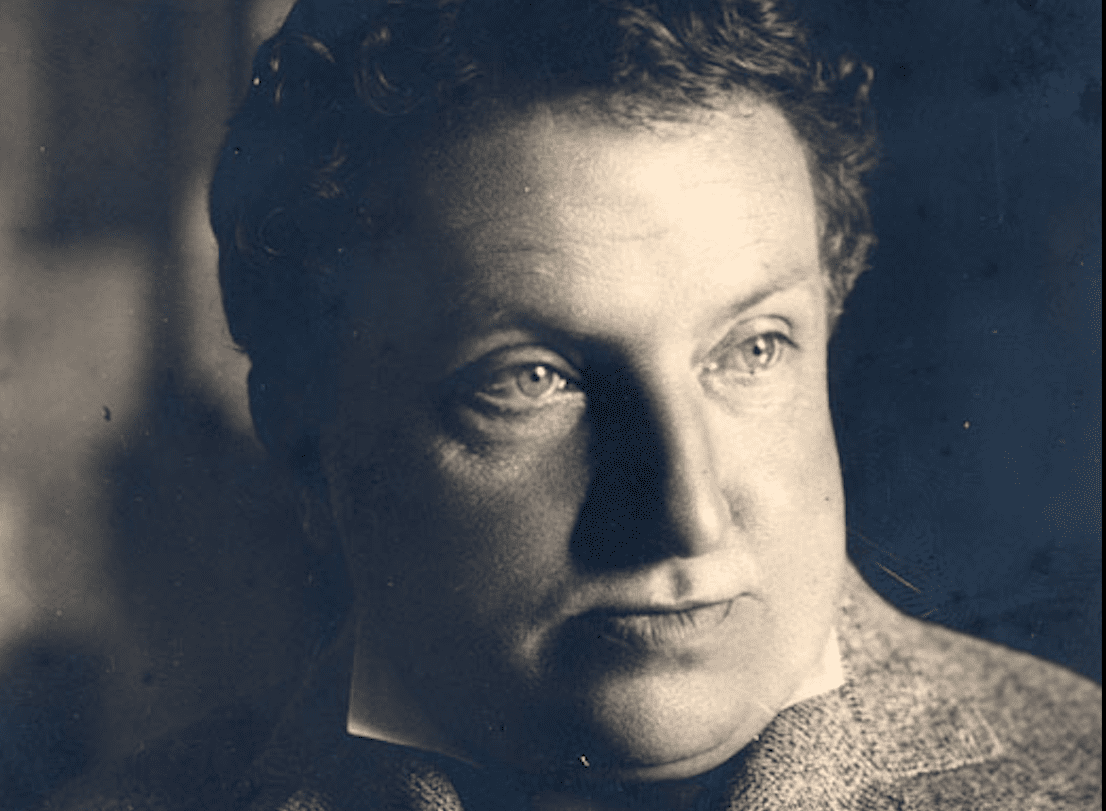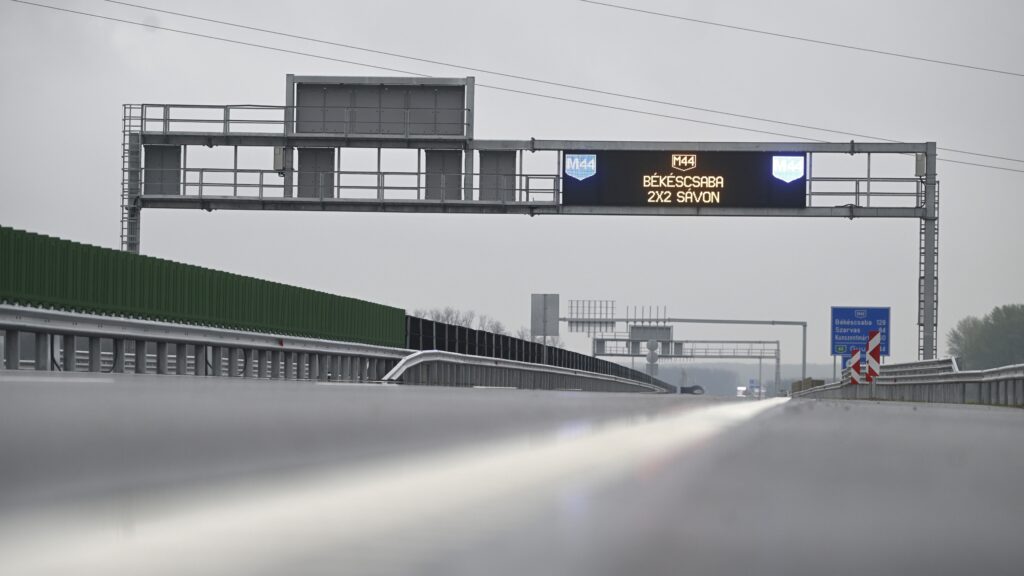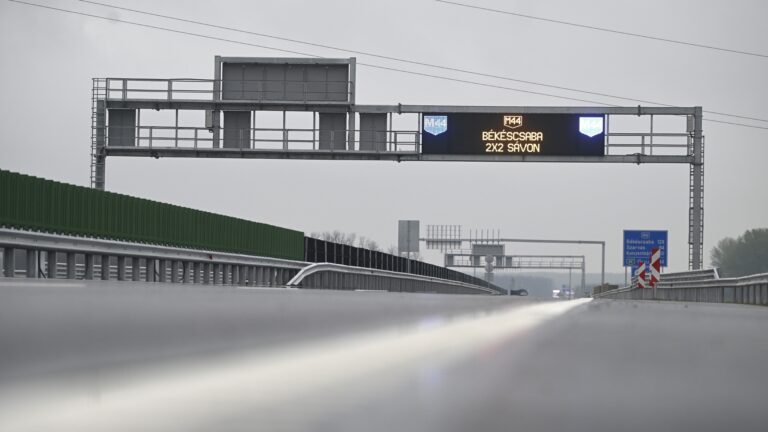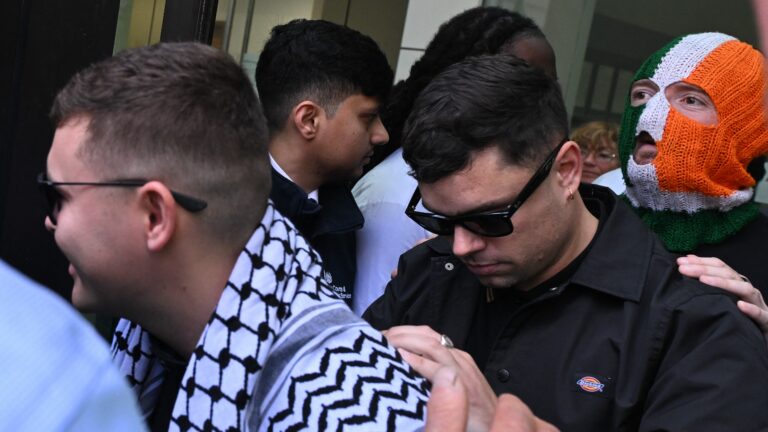The writer Dezső Szabó had many periods in his career—pro-Catholic, strongly protestant, bourgeoise radical, communist, anti-semitic and finally, anti-Nazi—, but in the early twenties, he was definitely going through a nationalist and anti-semitic phase. His contemporary speeches and articles provide much of the reason why contemporary historians label him an extremist. True enough, the similarly nationalistic Gábor Oláh from Debrecen wrote in his diary that in one lecture, Szabó called on ‘the dirty Jews’ to ‘go to Palestine’.[i] Szabó also propagated the displacement of Jews elsewhere, but in the spirit of socially sensitive redistribution, he added an important clause: ‘They have to go, [but] the millions [earned during] the war will stay here, and on top of that, a certain percentage of the Jewish wealth, 40–50 per cent… maybe 95, maybe 100 per cent’.[ii] However, all this was among the less radical examples. In Kecskemét, Szabó spoke of the ‘radical extermination of the Jews’, in Budapest of ‘the complete annihilation of the Jewish race’, in Balassagyarmat of the ‘cleansing of the Jews’ in the Hungarian countryside, and in Székesfehérvár simply that ‘we must kill the Jews’.[iii] The latter speech was so violent that it outraged even the strongly anti-semitic bishop Ottokár Prohászka. In an interview, Szabó explained that his fight against the Jews ‘with words, deeds, pogroms and all other means is legitimate, even natural’.[iv]
Egyenlőség published articles calling Dezső Szabó a ‘bloodthirsty’ ‘murderer’
Given that hundreds of Jews were beaten and murdered by rioters all over the country in these years, Dezső Szabó’s words are particularly disturbing. Lajos Szabolcsi, the editor of the Jewish organ Egyenlőség and founding member of the Pest Israelite Legal Aid Office, also noted that their organization received a lot of complaint letters regarding Szabó. The members of the office then made an ambitious—and perhaps naive—decision that Szabó was ‘ripe to disappear from Hungarian public life’.[v] The attacks, fully deserved by Szabó, came from the legal and journalistic side as well. While Ferenc Székely, a member of the legal aid office, sent a letter to mainstream patriotic groups to exclude the writer, Egyenlőség published articles calling Dezső Szabó a ‘bloodthirsty’ ‘murderer’.[vi]
The real attack, however, came from the government, and not from Jewish groups. The Christian socialism of the Pál Teleki-era was followed by the conservative-liberal period of István Bethlen, which, based on the alliance of big capital and big estates, tried to deal with right-wing extremists. Szabó suddenly found himself in the opposition and turned his full attention against the government, which, in turn, deemed Dezső Szabó’s paper, Élet és Irodalom, more destructive than Népszava, the Socialist daily. In the winter of 1922, he was ordered to repay the payment provided by the Soviet Republic of 1919 for his book, the Elsodort falu, and finally in the winter of 1923 he was sentenced to a huge fine.
In the end, Rik Ödön, the publisher of Szabó’s paper, advanced the fine for the writer, but Szabó, in a way perhaps characteristic of him, used the case to garner even larger media attention and to provide a new narrative of his change of heart. Szabó announced that his debts were paid by a Jewish magnate, Sándor Fellner. This is what his open thank-you-letter to Fellner said:
‘Your wonderful letter was perhaps the most profoundly affecting event of my life that has seen many storms and has seen many losses. I felt an indescribable shame and a final defeat… You, the Jew, are a member of the race against which I have been fighting relentlessly for four years, [yet] you tell me: the works of Dezső Szabó are of Hungarian values, of human values. He fought against me with hatred, and I respond to this by declaring that he is my brother in what he created as a human value. . . I say thank you with deep emotion when I accept your offer’.[vii]
Szabó added to the article that, in his opinion, public life should learn from the benevolence of the Jewish patron
Finally, Szabó added to the article that, in his opinion, public life should learn from the benevolence of the Jewish patron, and that is why he made the exchange of letters public. The consequences were drawn by both the anti-semitic and the Jewish press: the newspapers of the right furiously tried to frame Sándor Fellner for ‘bribing Dezső Szabó in the name of Judaism’, and the liberal Jew Lajos Szabolcsi ‘forgave’ the writer in a long editorial. As he wrote, ‘the new Dezső Szabó’, ‘the grieving, shamed, beaten man’ deserves ‘amnesty’, ‘because the proverbial law of the Bible commands that the starving enemy must be given bread’. His lines continued:
‘Mr. Fellner, whom we don’t know, helped Dezső Szabó, who defamed, persecuted and defiled our kin in countless articles, speeches and pamphlets. . . Beyond Sándor Fellner, we look at Hungarian Jewry, whose heroism, morality, and patriotism shine brightly in these sad years. We already see what the books say about us one day: how great, how moral this Jewry was in the era of persecution! . . . Now Dezső Szabó is ashamed to admit that this is how the Jew pays. To this we say: the entire Hungarian Jewry has behaved in the same way towards its enemies for four years’.[viii]
But soon, Szabó pulled the veil off his joke: Sándor Fellner, he confessed in a twenty-page ‘obituary’, published in the columns of Élet és Irodalom, never existed, and with the fictional story he only wanted to draw attention to the deplorable state of Hungarian cultural life.[ix] Ironically, both the right-wing press and the Jewish press left the case without comment – of course it would have been painful to admit that they had been hoodwinked by the writer. Szabó’s article was more of a prank to stir up the public life of the time and a criticism of the maturing Bethlen system than a ‘philo-Semitic’ declaration. Szabó, in his own words, simply made a ‘fool’ out of a significant part of public life, perhaps in order to highlight how both the right-wing and the liberal press saw everything in political and racial terms, instead of understanding the difficult position of contemporary writers and intellectuals.
Thus ended one of the strangest chapters of the cultural wars of the early twenties, and one of the first chapters of fake news in Hungary.
[i] Gábor Oláh, ’Naplók’ (Debrecen: Kossuth Egyetemi Kiadó, 2002), 245.
[ii] Irén Sass, ’Három portré. Szabó Dezső, Rákosi Jenő, Herczeg Ferenc’, Múlt és Jövő, 1920/X. (no page number)
[iii]Dezső, Szabó ’Azért, mert én egy-két zsidót utálok?’ (Budapest: Szabó Dezső Emléktársaság, 1997), 4. (Kecskemét); Zinner Tibor, ’Az Ébredők fénykora, 1919-1923’ (Budapest: Akadémiai, 1989), 60. (Budapest); ’Székesfehérvár, Balassagyarmat’, Egyenlőség, 4 Nov. 1922. (Balassagyarmat, Székesfehérvár).
[iv] ’Három portré’.
[v] ’Székesfehérvár, Balassagyarmat’.
[vi] ’A gyilkos’, Egyenlőség, 5. Feb. 1921.
[vii] ’Szabó Dezső levele Fellner Sándorhoz’, Élet és Irodalom, 25 May 1923. 31–34.
[viii] Szabolcsi Lajos, ’Amnesztia’, Egyenlőség, 2 June 1923.
[ix] Dezső Szabó, ’Fellner Sándor halála’, Élet és Irodalom, June 1923. 1–20.








